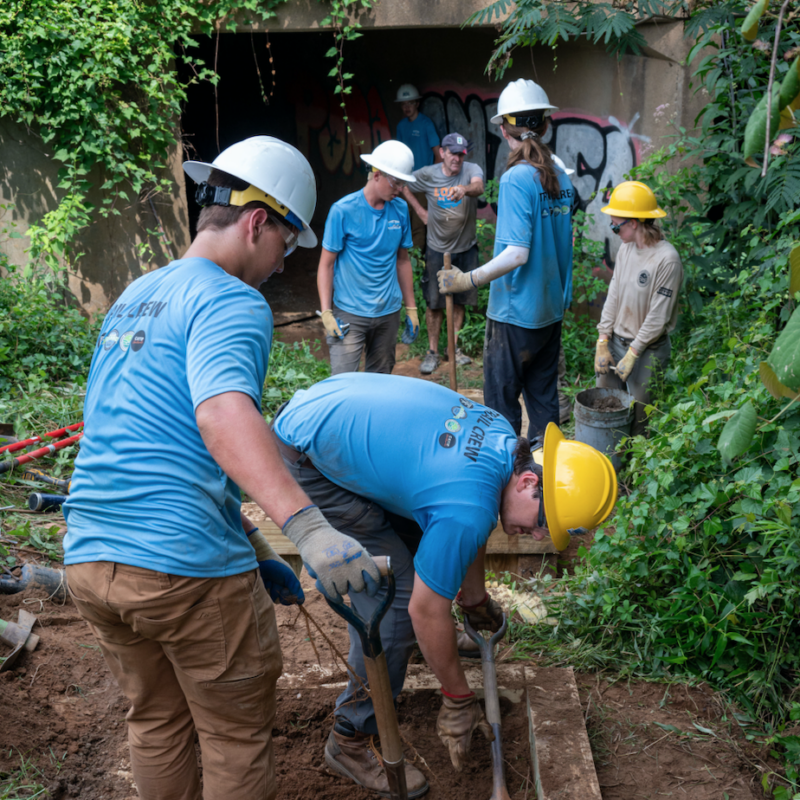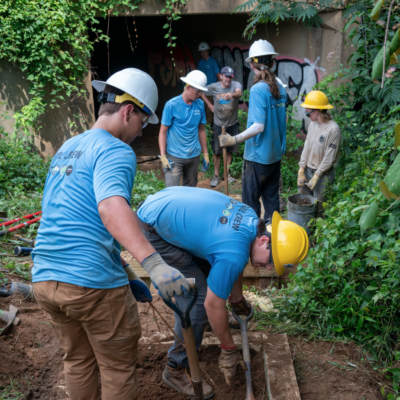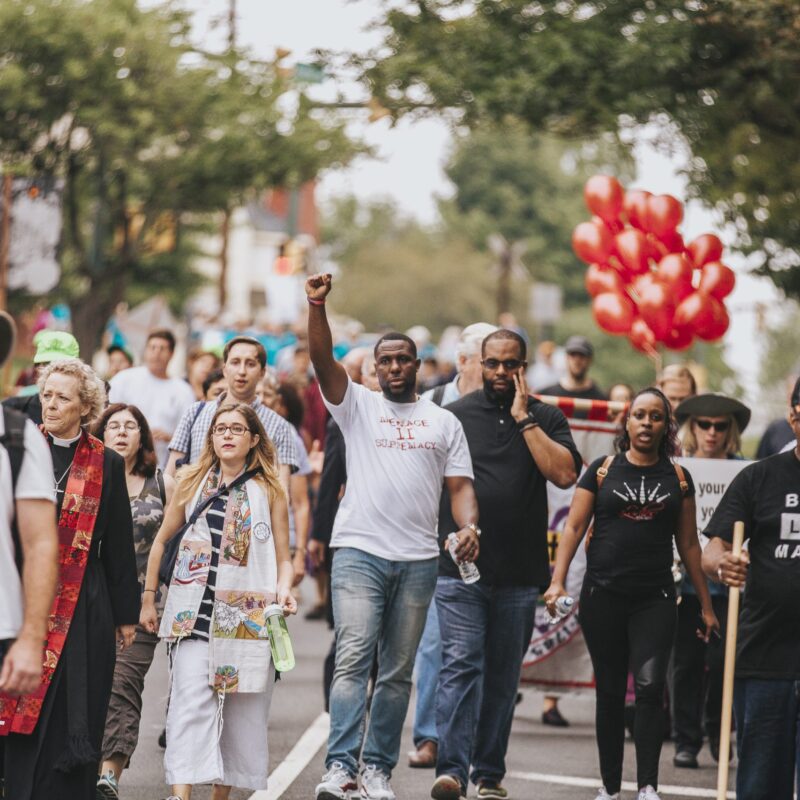The UVA Medical Center sees around 700,000 patients a year. Many of them rack up significant bills, and while some are paid primarily by insurance, others are not.
 The UVA Medical Center has a huge file full of lawsuits filed in Albemarle County Circuit Court in order to receive payment for unpaid medical bills. |
"The hospital invests significant staff time and resources to determine if patients qualify for the state authorized indigent care program," writes hospital spokesperson Peter Jump. "The state of Virginia, not the hospital, sets the guidelines for which patients are considered to be indigent."
In Virginia, someone is considered indigent if they fall within 0 to 100 percent of the federal poverty guidelines, which are just over $20,000 for a family of four. Those patients who qualify owe the hospital nothing. Those who earn 100 to 200 percent of the federal poverty guidelines pay on a sliding scale from 5 to 70 percent of their bill. For the year July 2006 to June 2007, the medical center wrote off indigent care charges totaling $142.1 million.
If patients do not qualify as indigent, they may be able to obtain other financial help, and according to Jump, the hospital spends approximately $1.5 million a year assisting broke patients in qualifying for Medicaid and other programs.
"We are always willing to work with any patient that does not meet the state’s indigent guidelines and has difficulty paying their bill," Jump says. "In most instances, we work out an affordable payment plan with the patient."
"In a few instances we may take legal action if a patient who received care at UVA does not contact us to work out a payment plan and feels no financial responsibility for the care they received," Jump continues. "If they do not return calls or write to us, we are sometimes forced to use the court system to protect the UVA Health System."
Many of these debtors are spread throughout Virginia in towns like Rixeyville and Waynesboro and are wanted for sums such as $15,539.36 or $240,440.64. Sean Sweigart of Charlottesville, for instance, was admitted to the medical center on May 25, 2006. His stay resulted in costs of $50, 165.04 for which he was eventually sued by the University. In July 2007, a motion for default judgment was entered. A month later, the defendant filed for bankruptcy, staying the matter until further notice.
"Why does the state expect us to use all reasonable means?" Jump asks rhetorically. "Because we must be able to pay the nurses and other health care workers that provide care and services to patients, as well as maintain a quality facility with the latest equipment and technology. There’s no such thing as free care."
C-VILLE welcomes news tips from readers. Send them to news@c-ville.com.





